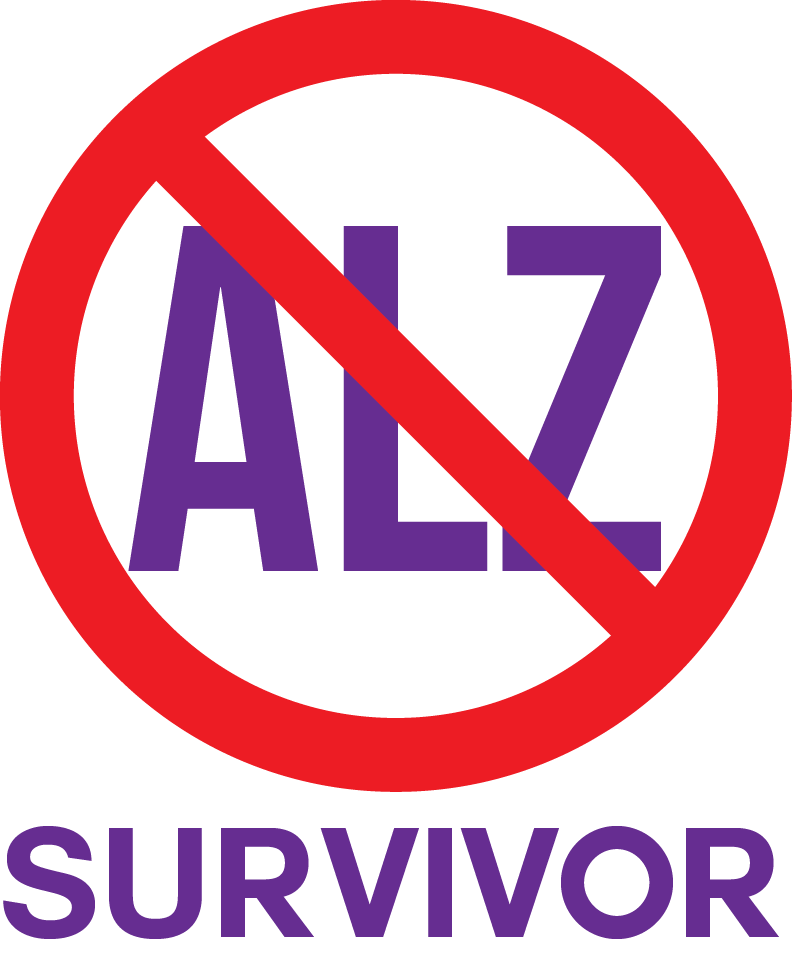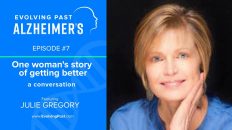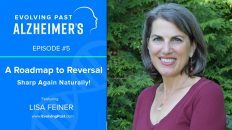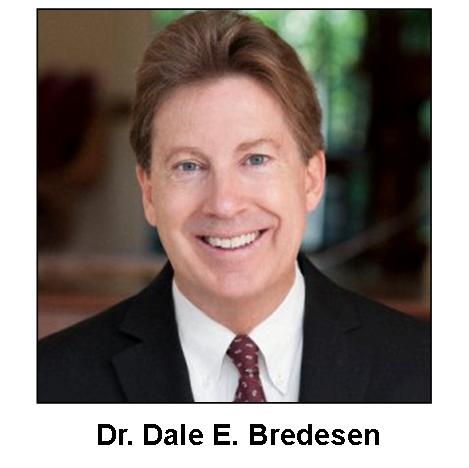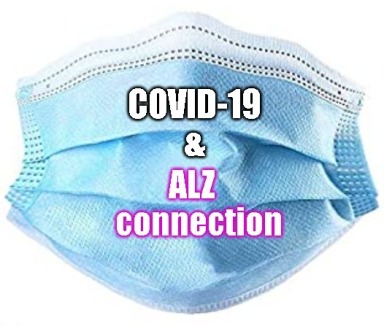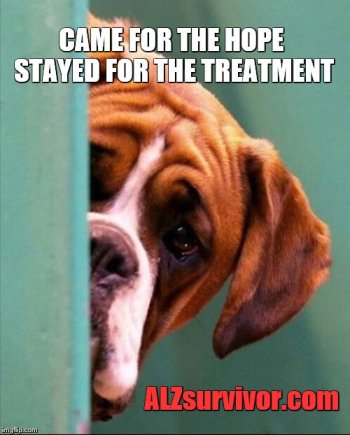Alzheimer’s – Several things probably come to mind when thinking about this terrible disease – memory loss, confusion, and no hope. Many have struggled with the diagnosis of Alzheimer’s. Friends and family can feel helpless so they turn to large organizations with support groups. But these groups only provide support and fellowship, and at the end of the day your loved one’s condition still hasn’t improved.
So what if there was a treatment that actually works? After all, we are in the 21st Century. We’ve gone to the moon for crying out loud! We’ve found treatments for Cancer. So what about Alzheimer’s?
Here’s the good news everyone on this earth needs to know. There is a treatment for Alzheimer’s and dementia that has been successful for several years and continues to be successful!
The person to thank for this treatment program is Dr. Dale E. Bredesen. His book, “The End of Alzheimer’s – The First Program to Prevent and Reverse Cognitive Decline,” was published in August 2017.
After three decades of research as a neurologist and neuroscientist, Dr. Bredesen discovered there are 36 or more contributing factors for Alzheimer’s disease. These can be categorized in three main areas: inflammation, suboptimal nutrient and/or hormonal levels, and toxins.
Think of a roof with 36 holes. The more holes you can patch, the less damage to the inside of your house. The same is true with your brain. Once enough of the network components have been optimized, your cognitive decline will halt and begin to reverse. Sometimes this can happen in a matter of months!
So, what’s different about The Bredesen Protocol? What makes it successful?
With this program, the doctor won’t be treating you blindly. You won’t be given a one-size-fits-all treatment. From your evaluation and testing results, you and your doctor will know specifically what has caused your Alzheimer’s. With the help of your doctor, you will follow a customized treatment program to halt and reverse your cognitive decline by combating what has caused your Alzheimer’s or dementia.
How do I get started?
A Bredesen trained physician or health care practitioner will help you get the proper lab work, cognitive assessment, genetic testing, and brain MRI, if needed. Information is available on this website (ALZsurvivor.com) to help you get connected with a Bredesen trained medical professional.
What’s next?
You will receive your customized treatment program to follow. It will address any threats indicated through testing. Your program will also focus largely on diet, fasting, exercise, sleep, stress reduction, and other lifestyle factors. This part of your program will have a greater impact than you might imagine.
The goal isn’t just to get those factors under control and within normal limits. The goal is to optimize your specific levels, giving you the best chance of halting and reversing your cognitive decline.
Patients with the most success are the ones who strictly follow their individualized program. If necessary, find a family member, friend or even a health coach who would be willing to keep you on task.
Remember, this is not a quick fix or cure. Those who temporarily slip off the program notice a decline in their thought processes.
Finally, this is a treatment program and a lifestyle which must be maintained – but is so worth it!
Spread the word and help save lives!
ALZsurvivor.com is here to provide hope and information.
ALZsurvivor [home] >
